On September 17, Josie turned eight. She spent the day at school, which she loves, surrounded by friends and routines that bring her joy. Her birthday party will be next weekend, with cake, balloons, and family gathered close. For most families it is a simple milestone. For Josie’s family, it is a miracle.
Josie’s fight began at birth. She spent her first ten days in the NICU after a difficult delivery. Her Apgar scores were low. She needed oxygen. Her lactic acid levels were high. She failed her newborn hearing screening. Doctors suggested it was all tied to the trauma of delivery. Her parents left the NICU with a hearing diagnosis, never imagining what was to come.
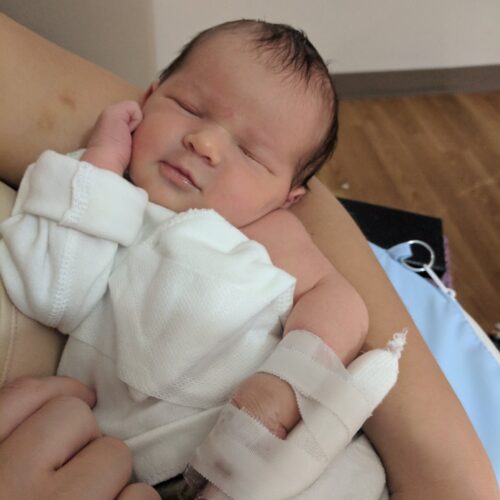
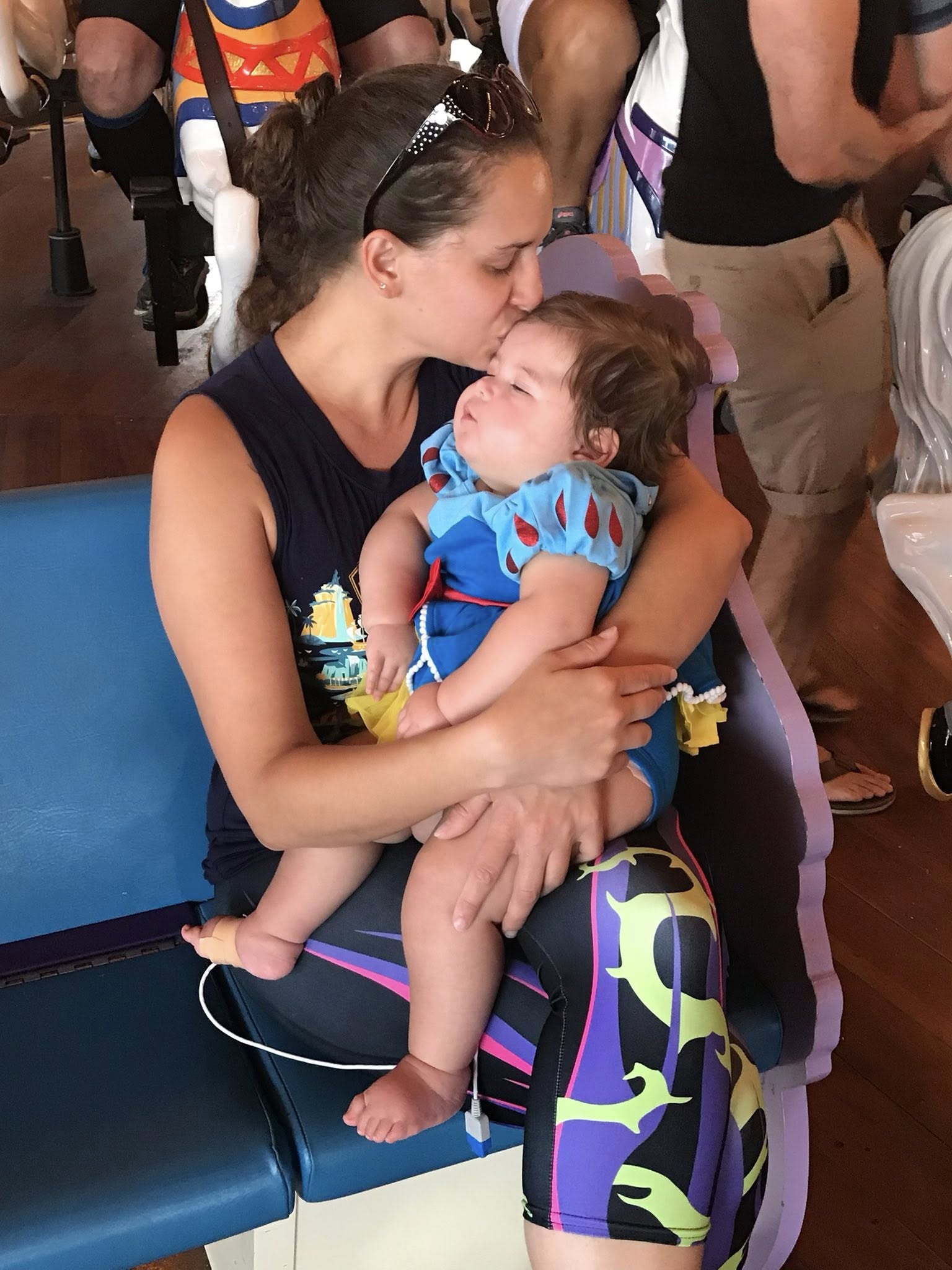
By two and a half months, Josie began having seizures. Tests revealed a genetic marker for Leigh syndrome, a severe form of mitochondrial disease. Cari, her mom, remembers the moment with piercing clarity. Doctors handed them a document about Leigh syndrome and explained what they were thinking. Her husband told her not to read it, but she did. “Not that, not that, not that,” she remembers saying to herself.
Days later the diagnosis was official. Doctors told them Josie would not live to see her first birthday. Cari recalls, “They sat us down and told us there was nothing they could do. No cure, no treatment, nothing.” She remembers her mom holding Josie in her arms and breaking down in tears, whispering her name over and over.
That year, Josie was put on hospice. She had seizures daily and required constant medication, oxygen, and nursing care. Cari’s sister quit her job in California and moved across the country to help. Hospice nurses became like family. Cari left her own job too, calling her office to say she would not be returning.
They were told to prepare for goodbye, so they did the only thing they could think to do. They threw Josie a birthday party every single month for the first two years of her life. Cakes, balloons, themes, and a house full of people. Cari laughs now, remembering how she ran out of ideas and has to reuse birthday themes. “We thought if this is all the time we have, we are going to make every memory we can,” she says.
But the end never came.
Josie is still here. She has been on hospice for years but recently came off because she is stable. She goes to school every day with a nurse. She loves to socialize. Everyone falls in love with her smile and her “happy sounds.” Cari says, “She just loves people. She loves to be out. She’s so fun and so happy. If it wasn’t for the Mito, she would be my easiest kid.”
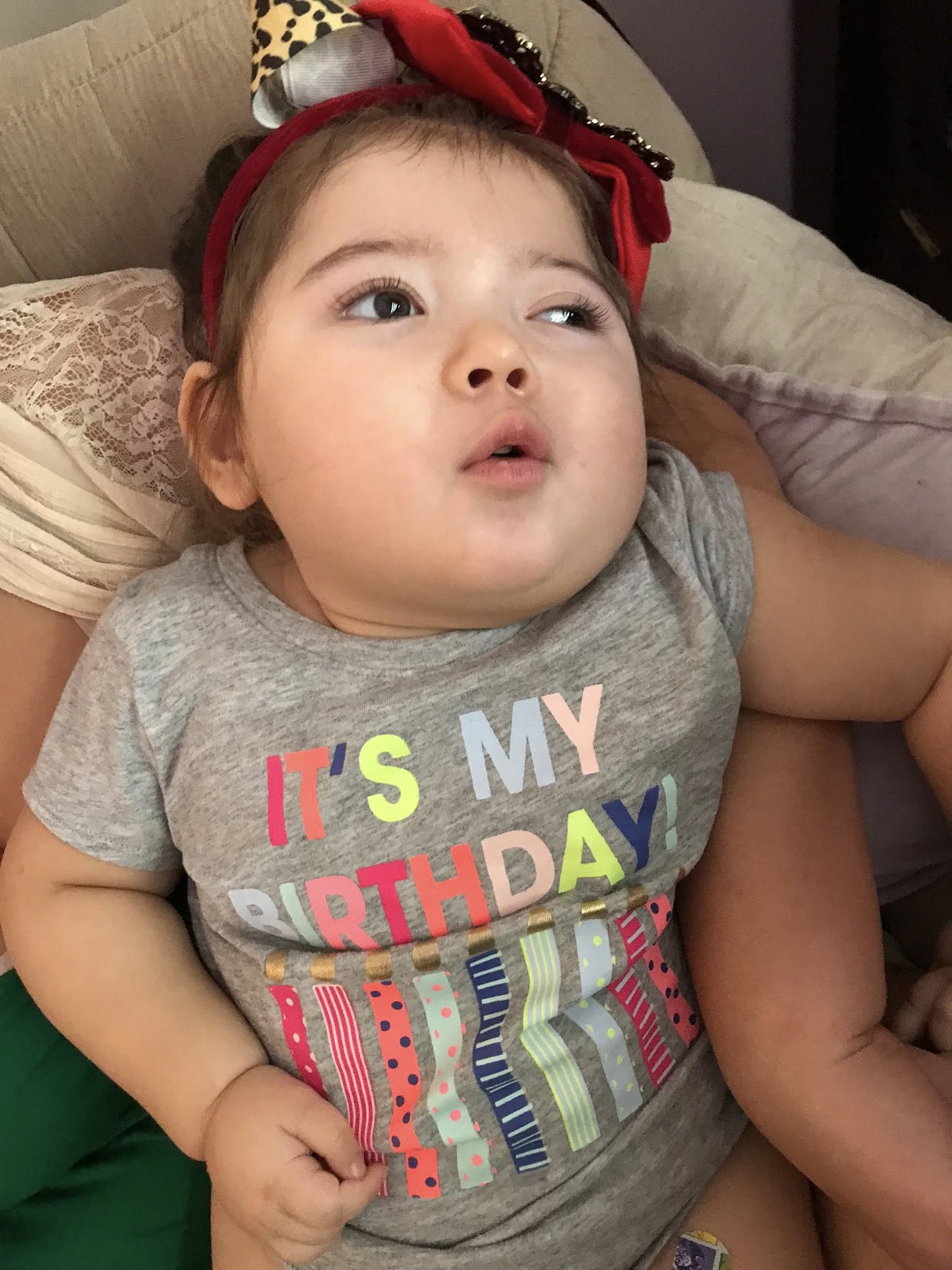
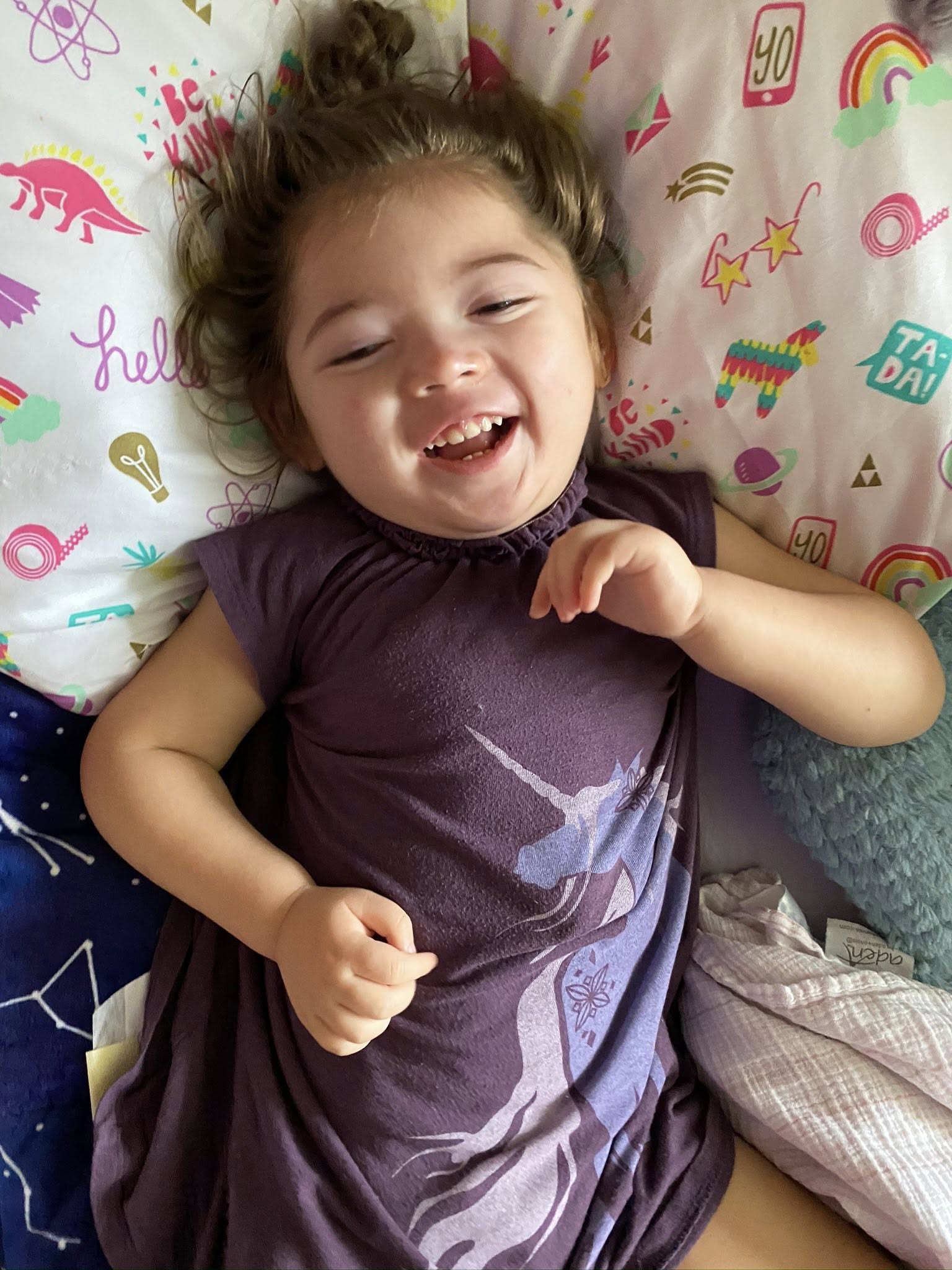
Life, however, is not easy.
Accessibility is a constant fight. One “ADA compliant” playground near their home is covered in mulch, impossible for a wheelchair to navigate. Some venues offer wheelchair seating that is all the way in the back or even facing the back side of enormous props. At Disney on Ice, the only way Josie could see (due to her limited vision) was to buy floor seats that cost far more than other seats.
Traveling as a family also comes with staggering costs. Cari recalls paying $5,000 for an overnight nurse during a trip to Disney, so she could sleep six hours at a time while someone monitored Josie’s oxygen and adjusted her CPAP machine if needed. Flying means carrying mountains of equipment: oxygen concentrators, nebulizers, feeding bags, CPAP machines. The family boards with eight or nine carry-ons full of medical supplies. They rely on grandparents to travel with them, just to help haul everything.
Even daily life is more expensive. Adaptive shirts with G-tube holes cost $45 each compared to $5 Target shirts for her other daughters. Babysitting is nearly impossible unless they pay trained nurses $60 an hour. Medicaid covers nursing care at school, which makes everything possible. Without that support, Cari says, “I would never leave the house.”
The sacrifices reach beyond money. Cari worries about her other daughters, now 11 and 5. “It’s not fair to the siblings when the medically complex child gets all the attention and money,” she says. She does everything she can to involve them, like putting them in sports alongside Josie’s adaptive ice skating team, but it is costly. She admits she fears resentment one day, especially when Josie is gone.
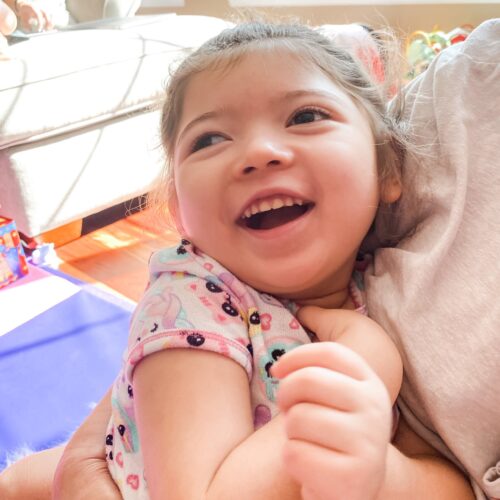
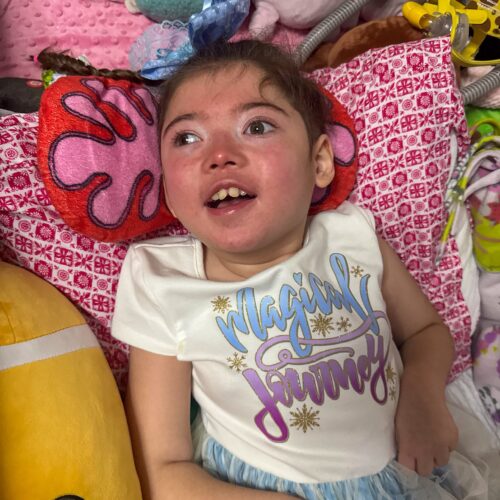
Cari knows she should be saving for retirement but spends instead on experiences. She wants to give all of her daughters a life filled with memories. “Make those memories, because when they’re gone, that’s all you’ll have,” she says.
Josie has already defied the odds. She loves school, loves to be out shopping, and loves to socialize. She is adored by everyone around her. Cari recently returned to work part time for just an hour or two at her gym’s childcare center, while Josie spends her days thriving in a classroom with a nurse by her side.
Eight years ago, doctors said Josie would not live to see her first birthday. She is still here. She is still smiling. And her family is still fighting for her.



